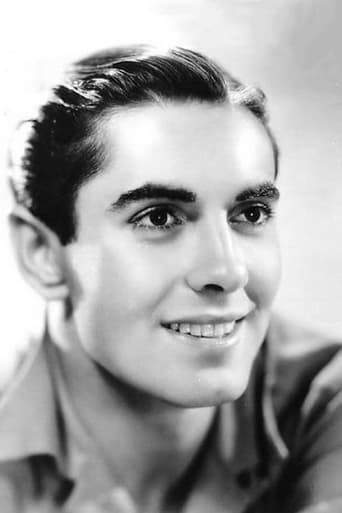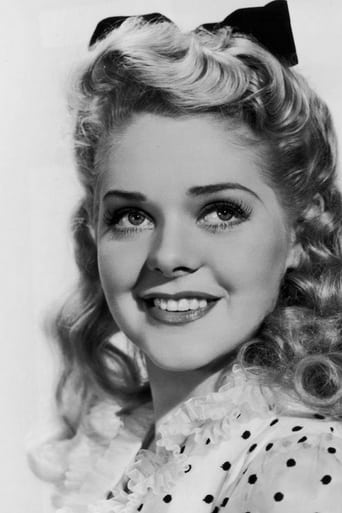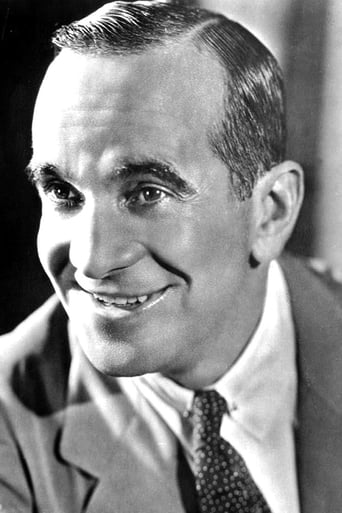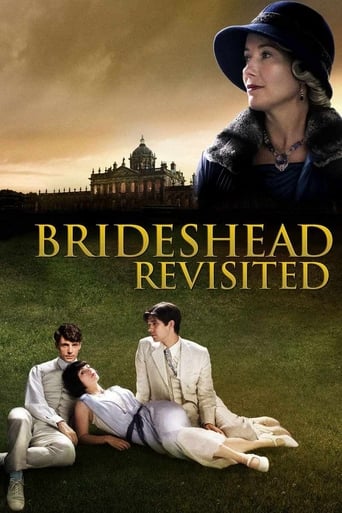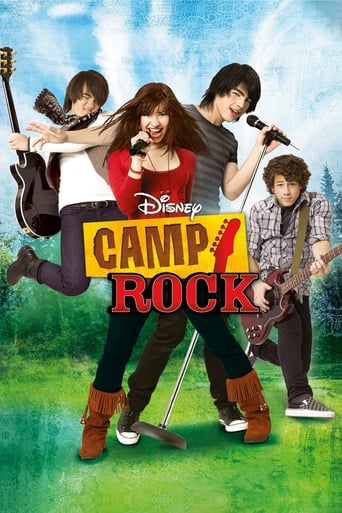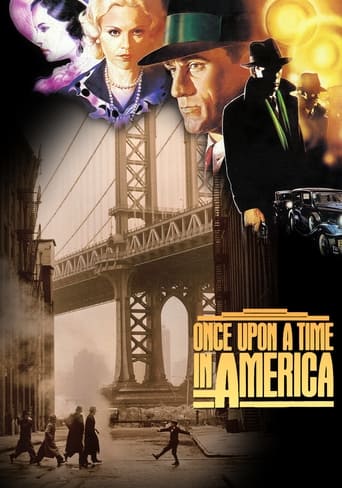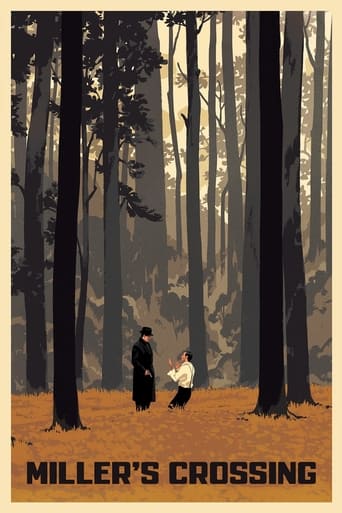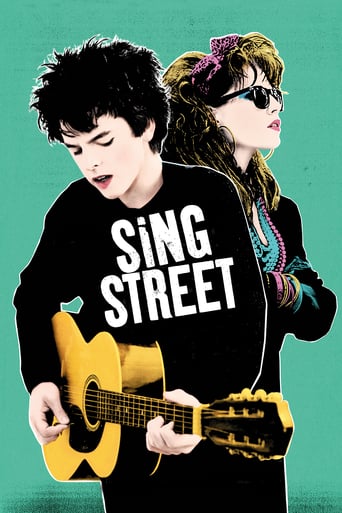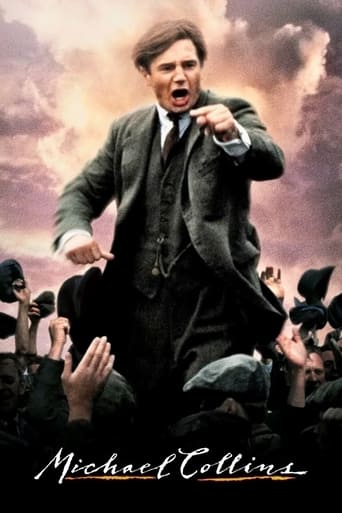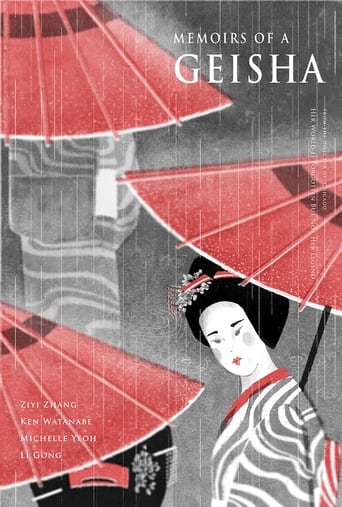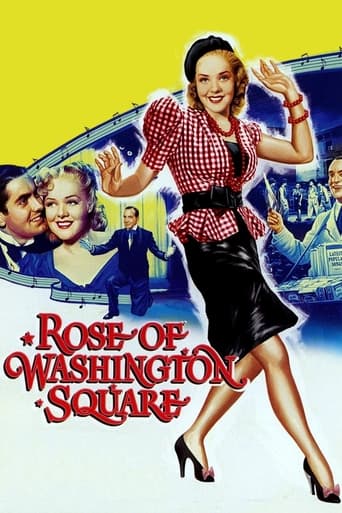
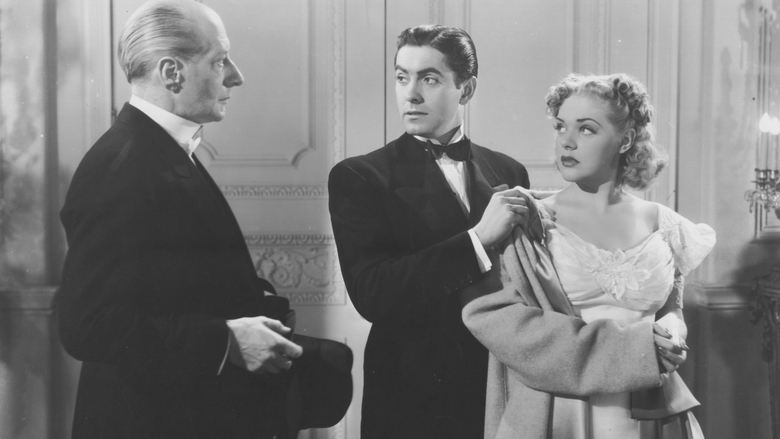
Rose of Washington Square (1939)
Rose Sargent, a Roaring '20s singer, becomes a Ziegfeld Follies star as her criminal husband gets deeper in trouble.
Watch Trailer
Cast
Similar titles
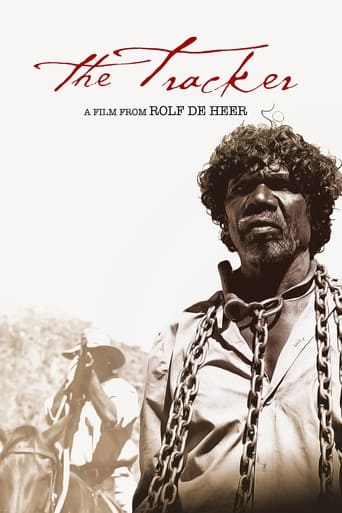
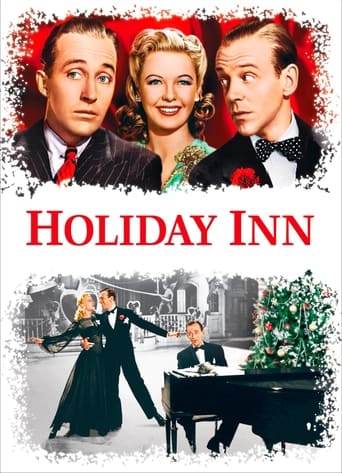
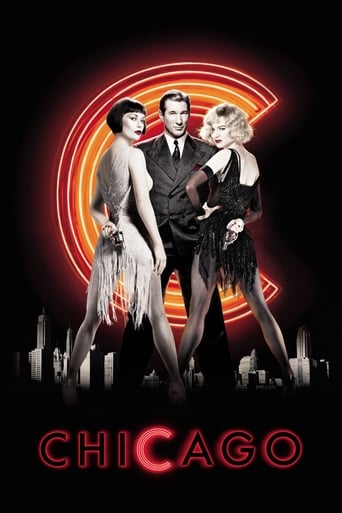
Reviews
Wow! Such a good movie.
Strong and Moving!
Wow! What a bizarre film! Unfortunately the few funny moments there were were quite overshadowed by it's completely weird and random vibe throughout.
When a movie has you begging for it to end not even half way through it's pure crap. We've all seen this movie and this characters millions of times, nothing new in it. Don't waste your time.
Copyright 12 May 1939 by 20th Century-Fox Film Corp. New York opening at the Roxy: 5 May 1939. U.S. release: 5 May 1939. U.K. release: July 1939. Australian release: 10 August 1939. 7,766 feet. 86 minutes. (Available on an excellent Fox DVD).SYNOPSIS: Singer falls for a no-good gambler. NOTES: Originally Faye sang "I'll See You In My Dreams" in a New York supper club sequence. Other deleted songs were "Avalon" and "I'm Always Chasing Rainbows". Fanny Brice sued the studio for damages. The matter was settled out of court. Remade in 1968 as Funny Girl.VIEWER'S GUIDE: Difficult. Based on the career of Fanny Brice (and also partly on that of Al Jolson himself), so I would say suitable for all.COMMENT: If Love Me Tonight is one of my favorite musical comedies, Rose of Washington Square is certainly one of my top choices for musical drama. Not that there is no comedy in this movie. Far from it. In fact Hobart Cavanaugh contributes the portrayal of his career as the unwitting if ultimately very willing stooge. And Jolson plays the scenes with Cavanaugh with such panache, it's hard to realize his screen career was virtually over. Of course he also has some of his trademark songs and these he puts over with such style, Jolie is worth the price of admission alone. But despite his huge contribution to the movie's overall appeal, Jolson is only the support. It's Alice Faye's movie. And what a great performance she gives! And boy, does she knock over those songs! Power is magnetic too, giving a far more accurate and far more arresting interpretation of Nicky Arnstein than the bland and disappointingly colorless Omar Sharif. Power is a confidence man with persuasively shallow charm. Ideally cast. This and Nightmare Alley are Power at his absolute best.Every other player in Rose is as forcefully cast from William Frawley's fix-it agent through Ben Welden's sarcastically menacing Toby and Charles Wilson's nemesis of a flatfoot to Harry Hayden's frightened victim ("I've got a gun!"). Armed with Nunnally Johnson's scintillating dialogue and taking every advantage of their dramatic opportunities, many of these character people likewise hand out some of the most memorable cameos of their lives. Welden, for example, must have been cast in hundreds of movies, but this is his finest hour ("I've got to hand it to you, Clinton...")Johnson's script is a model of fine screen writing. Not only has he told the Fanny Brice-Nicky Arnstein story in a powerfully fast-paced 86 minutes (Funny Girl took a ponderous 155 to cover the same ground), but he has fleshed it out with an extraordinarily large gallery of fascinating subsidiary characters as well (aside from the swamped Streisand and soggy Sharif, I don't remember any other people in Funny Girl at all). And in addition to these miracles of arresting narrative construction, Johnson has still allowed plenty of time for some terrific standards from both Jolson and Faye, both of whom are in tip-top voice.Director Gregory Ratoff has risen nobly to the occasion. I've remarked before in Hollywood Classics that Ratoff's directorial abilities seemed to swing violently yet unaccountably from the extremely banal to the inventively brilliant from one film to another. Fortunately, Rose finds him at his most stylishly accomplished. Not only has he drawn winning performances from his players, but he reinforces the drama and comedy in Johnson's script by inspired camera placements and deft cutting. Or maybe it's ace cinematographer Karl Freund's inspired camera placements and Louis Leoffler's smooth, forceful cutting. In any case, Freund's masterful lighting of course is a major asset. And I loved the sets and costumes. Production values are lavish — and there's that wonderful 20th Century-Fox sound!
Despite this disclaimer at the beginning of "Rose of Washington Square," Fanny Brice realized the film was about her and quickly sued 20th Century Fox. Gee, wonder what the kicker was...the good-looking con man husband who goes to jail on a bond fraud? The lead character headlining with the Ziegfield Follies? Or was it the song "My Man"? Alice Faye is very pretty as Rose in this somewhat politically incorrect film which also stars Tyrone Power and Al Jolson: There's the man who is paid to drink so he can heckle Al Jolson as part of his act, and there's Al himself in blackface with white lips up on stage singing. Nevertheless, the real story concerns the codependent relationship between Rose and Bart, her crooked husband. But it's Tyrone Power, and what woman wouldn't have loved him - in fact, what woman didn't love him in 1939? He was the number 2 box office star. He portrays the likable but sleazy character very well. In the beginning of his career a few years earlier, he did romantic comedy, then did a string of films where he was a cad, then played soldiers, and after the war, did everything - he was a young man who found himself in "The Razor's Edge," played against type in "Nightmare Alley," and period-pieced his way through Fox until his contract finally ended. In 22 years as a star, he really did every genre, and did them beautifully.There's lots of music in this movie and a HUGE build-up to the song "My Man" before Faye ever sings it. When she does, it's not the Streisand version, but rather a torch song, sung in Faye's low, rich voice. Jolson was a terrific performer though apparently extremely egomaniacal and difficult to work with. He sings his standards: "Mammy," "California Here I Come," "Toot-toot-Tootsie," "Rockabye Your Baby," etc., and he's great. Power and Faye make a wonderful couple. And by the way, they shared the same birthday, a year apart.This is an okay film, but it's no Alexander's Ragtime Band, which is far superior.
ROSE OF WASHINGTON SQUARE (20th Century-Fox, 1939), directed by Gregory Ratoff, a nostalgic musical, is a worthy follow-up to Fox's previous success, ALEXANDER'S RANGTIME BAND (1938), both starring the up-and-coming Tyrone Power and Alice Faye, making their third and final screen appearance together (their initial being IN OLD CHICAGO in 1937). While this production belongs to Alice Faye and Tyrone Power in that order, it's Al Jolson, assuming third billing in a secondary role, who comes off best. His fine acting and song delivery remain the film's major asset, which makes one wish he were given more to do. ROSE OF WASHINGTON SQUARE is also the most musical of all the Jolson, as well as Faye films.In a story that opens circa 1919, Ted Cotter (Al Jolson) and Rose Sargent (Alice Faye) partners who specialize in singing, struggling to achieve success, are both working separately, he in a burlesque house singing while passing out theater programs, and she at amateur nights singing for nickels and dimes tossed to her. Disappointed, Rose breaks away from theater life to a Long Island resort accompanied by her friend, Peggy (Joyce Compton). While there she encounters Barton DeWitt Clinton (Tyrone Power), a handsome war veteran who happens to be a petty thief. A smooth operator, Clinton immediately wins Rose's affections. After his latest theft involving an expensive stolen necklace backfires, and under the watchful eye of Detective Mike (Charles C. Wilson), Clinton quickly leaves without any notice to Rose. In the meantime, Harry Long (William Frawley), a booking agent, has arranged for Ted to appear in a tryout. Thanks to the unintentional interruptions by the intoxicated loud-mouth patron (Hobart Cavanaugh) sitting up in the box, the act proves favorable and hired to boost up attendance. successful. As for Rose, she's singing in a basement speakeasies until she she once again encounters Clinton who saves her from a police raid. This time the two become inseparable and eventually marry, much to the dismay of Ted, who sees through Clinton for what he really is, but agrees to remain neutral for Rosie's sake. After Rose achieves her long delayed success in the Ziegfeld Follies, her personal life turns to heartache as Clinton, in desperate need of money, gets himself deeper and deeper in debt, leading to arrest and prison term.With a handful of old-time Broadway songs from the 1920s era, Alice Faye sings them in her usual manner, although several of them, including "My Man," are reportedly long associated with the legendary Fanny Brice. As for Al Jolson, he reprises many of his most celebrated hits in his traditional black-face manner. He is one for the memory book of legendary bygone entertainers. The musical program includes: "Pretty Baby" (sung by Al Jolson); "I'm Sorry I Made You Cry" (sung by Alice Faye); "Ja-Da" and "Vamp" (both sung by Faye); "Rock-a-Bye Your Baby With A Dixie Melody" and "Toot-Toot Tootsie, Goodbye" (both sung by Jolson); "I'm Just Wild About Harry" (Alice Faye); "California, Here I Come" (Al Jolson); "I Never Knew Heaven Could Speak" and "Rose of Washington Square" (both sung by Faye); "Mammy" (Al Jolson); "My Man" and "My Man" (reprise, both sung by Faye). While the majority of the tunes are mainly sung by the principal players, with the camera giving them full focus, only the title tune is given the full production number treatment running nearly ten minutes.Also seen in the cast are: Moroni Olson playing Buck Russell; E.E. Clive, Louis Prima, Ben Weldon, Harry Hayden, Charles Lane and John Hamilton.According to an well documented, "HIDDEN Hollywood: FROM THE VAULTS OF 20th CENTURY-FOX" narrated by Joan Collins, which premiered on American Movie Classics in 1997, ROSE OF WASHINGTON SQUARE was originally planned as a two hour presentation, but was then cut to 86 minutes. Included in this documentary are numerous outtakes, featuring Jolson's rendition of "April Showers" and "Avalon," and Alice Faye's version to the film's theme song, "I'm Always Chasing Rainbows." Another added bonus was the guest appearances of the comedy team of Weber and Fields doing a stage act, as observed in the audience by Jolson and William Frawley. It's also been noted somewhere that actress Winifred Harris appeared as Broadway legend Lillian Russell (a role Alice Faye would portray in 1940), whose scenes were also cut. The documentary does explain as to why certain scenes didn't make it to the final print. As with other 20th Century-Fox musicals attempting to recapture the days of old Broadway, ROSE OF WASHINGTON SQUARE is historically inaccurate in the hairstyle and fashion department being 1939 modern. Although the opening titles credit this movie to be entirely fiction, there's no doubt that it's suggested on the career of Fanny Brice.In spite of these shortcomings, ROSE OF WASHINGTON SQUARE, as a musical, is entertaining as well as involving in plot. As mentioned before, Al Jolson nearly steals the limelight from his leading players. Sadly, this would mark an end of a era for this legendary singer whose legacy remains with THE JAZZ SINGER (Warner Brothers, 1927),Hollywood's "first talkie," while Power and Faye would continue their fame and fortune for the duration of their careers.ROSE OF WASHINGTON SQUARE, distributed to home video in the 1990s, unseen on cable TV since it's American Movie Classic days, made its Turner Classic Movies premiere May 5, 2013. The home video edition contains "April Showers" and "Avalon" outtakes, along with its theatrical trailer. Of her musicals, ROSE OF WASHINGTON SQUARE has become one of the most remembered and admired of all her movies. (***)
Very entertaining- a thinly disguised bio-pic of Fanny Brice. Power and Faye- at their acting peaks- are great as the leads. Faye is in great voice. However, Jolson steals the movie. At the age of 54, he was in the best voice of his career. His Rock- a Bye and California Here I Come are thrilling. I own the video, which also contains clips of several Jolson and Faye songs which were edited out of the final movie. a must for fans of the three stars.
